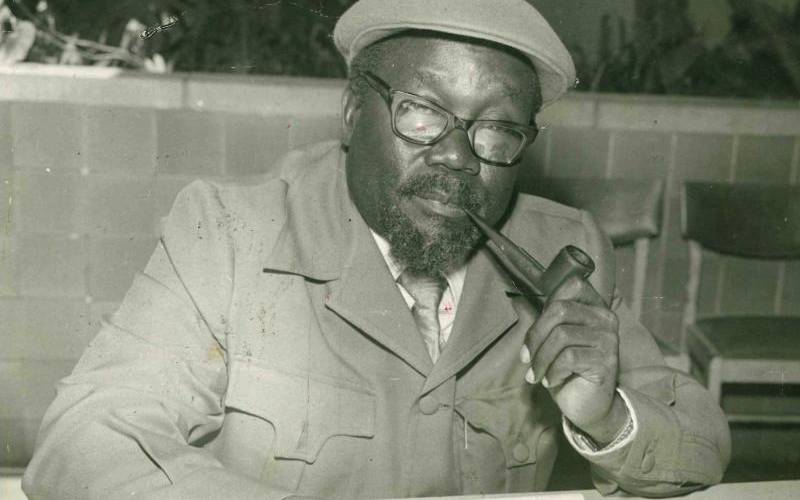×
The Standard e-Paper
Fearless, Trusted News

Masinde Muliro. [File, Standard]
Today marks 29 years since the death of Ford’s Masinde Muliro. In an interview, Muliro’s son Mukasa Mwambu, Muliro’s then aide and former Webuye MP Musikari Kombo, narrate events of that fateful day and the controversy surrounding the death of one of Kenya’s political icons.